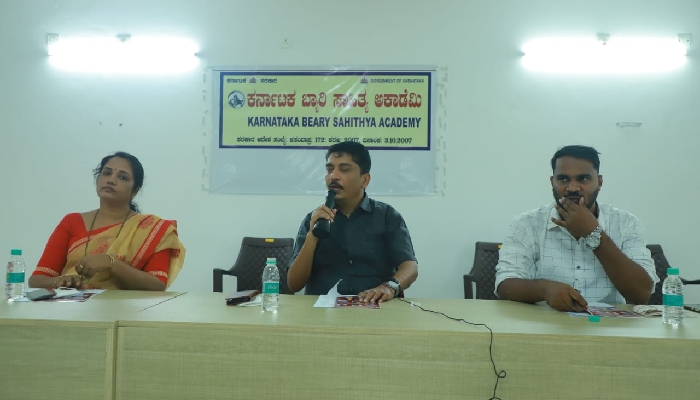Bengaluru, Apr 6: After pre-poll surveys predicted clear majority for Congress under the leadership of chief minister Siddaramaiah in Karnataka in 2018, the Bharatiya Janata Party and the Janata Dal (Secular) appeared to have forged a secret alliance to defeat him and his son in Chamundeshwari and Varuna Assembly segments respectively.
If sources are to be believed, JD(S) supremo H D Deve Gowda and his son H D Kumaraswamy, who intend to bring an end to the prolonged political career of Siddaramaiah, are masterminds behind such a secret pact.
A series of secret meetings between three friends-turned-enemies of Siddaramaiah (V Srinivas Prasad of BJP and A H Vishwanath and G T Devegowda of JD-S) has also given rise to the speculation of clandestine agreement between two parties.
Political pundits predict that it is inevitable for the leaders of the BJP and the JD(S) to join hands to ensure the defeat of Siddaramaiah. While Siddaramaiah is preparing to contest from Chamundeshwari, his son, Dr Yathindra is likely to be fielded from Varuna by the Congress party. Devegowda would take on Siddaramaiah and BJP state president B S Yeddyurappa's son B Y Vijayendra would contest against Dr Yathindra.
Vishwanath and Prasad quit the Congress party last year, accusing Siddaramaiah of ill-treating them. Both have declared that their aim is to ensure the defeat of Siddaramaiah in the upcoming election.
Although, the leaders of both the BJP and the JD(S) have been claiming that they will not form an alliance under any circumstance, it has become inevitable for them to enter into an understanding to defeat their common foe. Hence, the BJP may field a weak candidate in Chamundeshwari. The JD(S) may reciprocate with a similar candidate in Varuna, say analysts.
Sensing trouble, Siddaramaiah, who is in a Catch-22 situation after opting for Chamundeshwari, toured several villages under the constituency, trying to woo the voters. During the course, he also studied the mindset of the voters.
The situation is similar in Varuna Assembly constituency also, which was formed in 2008. Siddaramaiah had won from Varuna in the 2008 and 2013 polls.








Comments
Cant predict these politicians.. They will jump if they are getting more oppurtunity. For cheating also. They will make people fools.
JD(S) should contest independently.
It wont help them. It may help to divide votes, thats it
Media simply spreading thier imagination. Till yesterday it was, sudeep has decided to join jds. Yesterday stopped all rumours by meeting CM
JDS may tie up with left party
Add new comment